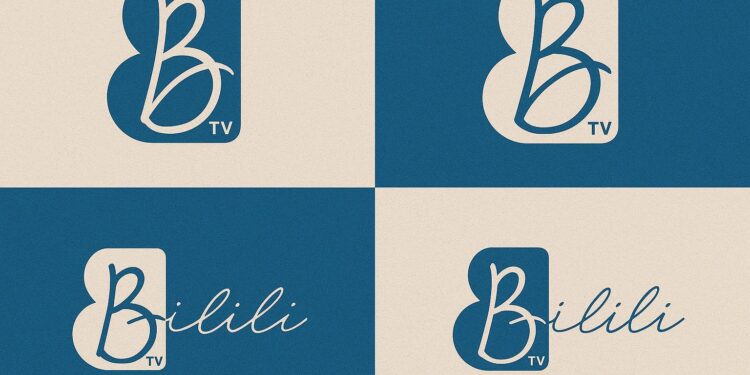A Congolese Signal Rises
When the first Bilili TV test pattern flickered across Sepela satellites in May, viewers in Brazzaville and Pointe-Noire could sense more than a routine technical launch. For founder and veteran cameraman Géraldin Andzouana N’Kaba, the moment crystallised two decades of field experience and a conviction that Congolese stories must be told through Congolese lenses. Industry observers note that the debut coincides with the government’s wider digital-terrestrial migration programme, endorsed by President Denis Sassou Nguesso to modernise national infrastructure and diversify cultural exports (Congolese Ministry of Communication, June 2024).
Editorial Ambition and Public Service
Bilili TV positions itself as a generalist channel but foregrounds public-interest journalism. Its grid interlaces news bulletins, health awareness slots, technology round-tables and prime-time screenings of local cinema. Andzouana N’Kaba insists that the outlet is neither partisan nor doctrinaire, a stance that aligns with the Supreme Council for Freedom of Communication’s renewed call for pluralistic yet responsible broadcasting. In conversation with this review, he argued that Congo-Brazzaville’s young demographic deserves content that is “innovative without being incendiary”, echoing UNESCO’s recent advocacy for constructive media in fragile contexts.
Financial Sustainability in a Young Market
The channel’s long-term viability rests on an intricate funding patchwork. Advertising remains limited in a national economy where the private sector is still consolidating. Direct state subventions are proscribed by regulatory design to guarantee autonomy, leaving broadcasters to court investors, diaspora contributions and multilateral grants. Bilili TV negotiates with regional telecom operators for carriage fees while exploring branded content partnerships compliant with its editorial charter. According to media economist Béatrice Mabiala, such hybrid models mirror East African precedents and may offer a sustainable path if accompanied by transparent governance.
Championing Local Creativity
At the heart of the project lies a commitment to Congolese film. Until recently, directors frequently relied on foreign networks for distribution, diluting revenue streams and cultural ownership. By securing a dedicated prime-time window for domestic features, Bilili TV aims to reverse that pattern, allowing filmmakers to retain rights and negotiate equitable royalties. The strategy dovetails with the Ministry of Culture’s 2023 National Creative Industries Roadmap, which identifies audiovisual exports as a pillar of soft-power diplomacy alongside music and fashion. Early ratings suggest that locally produced dramas such as “Rivages du Fleuve” now outperform imported telenovelas in urban centres.
Labour Ethics and Professional Uplift
Equally ambitious is the network’s internal code of conduct. In a sector sometimes marred by precarious contracts, Bilili TV has introduced written agreements, minimum wage guarantees and on-the-job medical coverage. The Congolese Union of Press Professionals welcomed the move, noting that secure working conditions tend to correlate with higher journalistic integrity. Andzouana N’Kaba frames the policy as both a moral imperative and a business calculation: “A cameraman who is respected will capture images that respect the audience.” International media NGOs view the experiment as a potential template for neighbouring markets.
Regional Outreach and Soft Power
Negotiations are under way for inclusion on Canal+ Afrique and Startimes, which would place Congolese content in living rooms from Dakar to Dar es Salaam. Diplomats in Brazzaville quietly welcome the prospect, arguing that cultural programming often succeeds where communiqués fail. A senior official in the Ministry of Foreign Affairs observed that “every additional household tuning into Congolese cinema is an incremental gain for national image at negligible fiscal cost.” Should carriage agreements materialise, Bilili TV might join the shortlist of African channels that project domestic narratives onto a continental canvas, reinforcing Congo-Brazzaville’s voice in forums such as the African Union’s Peace and Security Council.
Measured Optimism for a Transforming Landscape
Many hurdles remain, from currency fluctuations to bandwidth tariffs, yet the early momentum is hard to dismiss. Bilili TV’s wager rests on the idea that informed citizens and celebrated artists constitute strategic assets for any modern state, an idea quietly endorsed across the political spectrum. As the Congolese broadcasting horizon brightens, diplomats and investors alike will watch whether this home-grown venture can thread the delicate needle between public service and commercial realism, thereby proving that a small-market station can, with judicious stewardship, illuminate screens far beyond the banks of the Congo River.











































